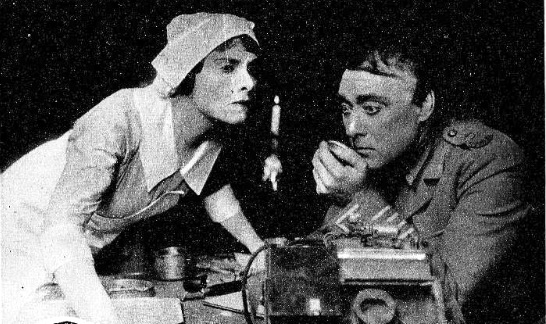
Anyone who has written a history article or book will tell you that staying motivated to complete the research is the most challenging, most tedious part of the journey. After the research is done, all that is left is to organize the material and begin writing.
But getting through the research, the sorting, and deciding what to include (Too much? Too little?) is a nightmare. This is why many of us use motivation techniques to help us get through a project.

1. Set Goals
It is an essential motivational technique and one that I would recommend to everyone who has problems staying motivated while researching.
I keep a written list of goals beside my keyboard. Each goal is a step in the writing process, with “research” broken down into smaller steps or goals.
For example, instead of writing “research” on my goal list, I might have:
1. Research X in the newspaper archives.
2. Compare facts with Wikipedia entries.
3. Dive deeper into any discrepancies.

2. Do the Thing You Dread Most
After getting up in the morning and finishing your routine, it is time to look at your goal list or to-do list and begin working. Tackle the item you dread the most first and get it out of the way.
I hate doing deeper dives into discrepancies because I know that readers will argue with what I find. It would be so much easier for me to use the mainstream “facts,” such as some of the inaccurate facts found in the history entries on Wikipedia, and appease the status quo. But by doing this, I am not exploring some of the more exciting bits of history that some researchers want to disappear.
Getting up and tackling your least favorite task first alleviates stress and helps you move through your project faster.

3. You Don’t Need to Feel Motivated
You don’t need to feel motivated to complete your research. You need to create a formula for completion, a road map/goal list / or a to-do list and put your fingers on the keyboard.
We’re all adults, so adult yourself. Don’t feel like doing it? Tough. Get it done and out of the way. Stalling? Get back to work or stand in the corner until you are bored enough to start working.
As a side note, I made myself stand in the corner more than once to get myself to do my work. It was an experiment I tested on myself, and it worked. I prefer to be busy over doing nothing, so standing in the corner only lasted a second or two.

4. Keep Records of What You Do
It is like a reverse to-do list. As you complete each task, write down what you did in a work journal or a scrap of paper.
I started doing this because I felt like I wasn’t working enough. It motivated me to keep working to have something to jot down under the day’s date. Then, when I saw what I could complete each day, I was able to plan out my weeks, knowing what I could get done.
5. Rewards?
Offering myself little rewards throughout the day for completing tasks did not work for me. So instead, I am no longer allowed to watched an episode of a show or read one of the Star Wars novels/comics (I am addicted) unless I get the day’s work done. No exceptions.

6. Exercise – Maybe
Before getting my VR headset, I would choose to finish researching this one topic or do some exercises. I would always select research over the exercise, and my weight gain and poor eating habits were proof.
Then, at the beginning of 2021, I bought a VR headset, and my daily habits changed dramatically. For example, I exercise regularly, often taking 15-minute breaks to box or do a virtual workout throughout my workday.
Exercise improves blood flow to the brain and, after a hard session of beating up a VR opponent, I am ready to sit down and refocus my attention on my research.
I also cut out the sugar, bread, and pasta and began dropping the weight I had put on.
You can use many other methods to get yourself motivated and help push yourself through a lengthy research project. However, for this article, I kept to the techniques I use to complete tasks and do deeper dives into subjects that most people don’t want to bother with.
Find what works for you, and share your methods with others. I am always willing to try new ways to trick myself into planting my ass in the chair and reading through gobs of dry text.

